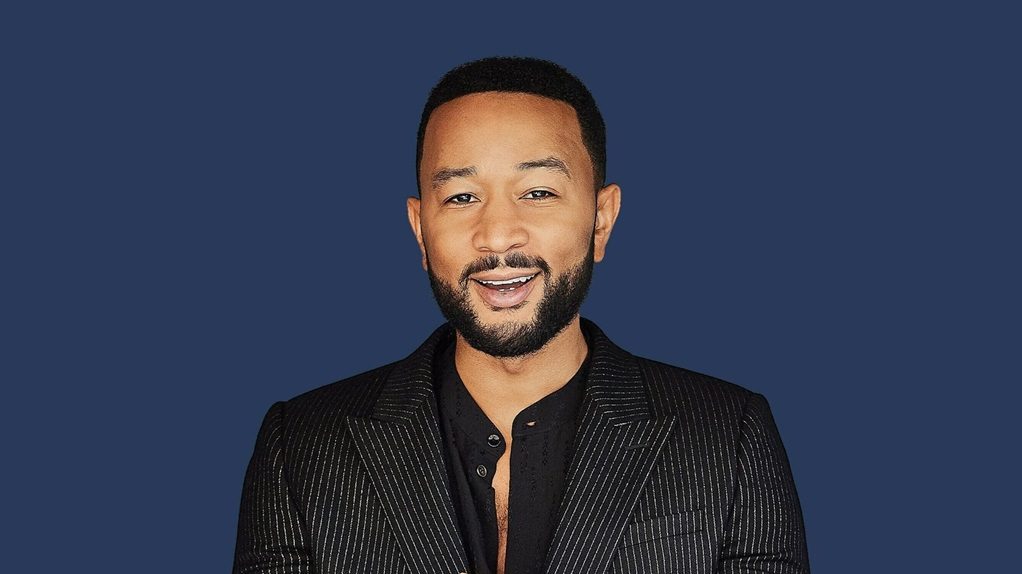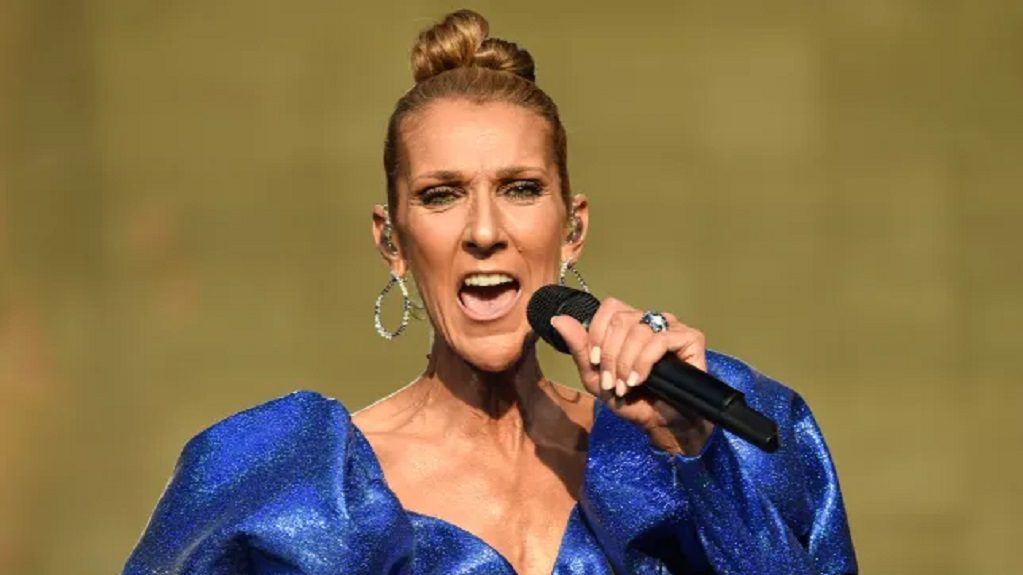In a statement on Monday, Mr. Biden thanked Dr. Fauci, whom he called a “dedicated public servant and a steady hand with wisdom and insight.” The two had worked closely together during a global outbreak of the Zika virus when Mr. Biden was vice president.
“Because of Dr. Fauci’s many contributions to public health, lives here in the United States and around the world have been saved,” the president said.
Few scientists have had as large or as long-lasting an impact on public policy. Dr. Fauci joined the National Institutes of Health in 1968, when Lyndon B. Johnson was president; he was appointed the director of its infectious disease branch in 1984, when the AIDS epidemic demanded attention.
Dr. Fauci has advised every president since Ronald Reagan — seven in all — and has been adept at navigating the nexus of science and politics. Among his proudest accomplishments, he said, was his work with President George W. Bush in developing a global program to combat H.I.V./AIDS, known as PEPFAR, which has saved an estimated 21 million lives. Mr. Bush — whose father, George Bush, called Dr. Fauci a hero during a 1988 presidential debate — awarded him the Presidential Medal of Freedom in 2008.
But Dr. Fauci, who catapulted into the spotlight when the coronavirus began spreading in 2020, could not escape the politicization of the Trump era. President Donald J. Trump toyed openly with the idea of firing him (though that would have been difficult because Dr. Fauci is not a political appointee). Conservatives viewed Dr. Fauci as a symbol of lockdowns and masks, which they fiercely resisted.
His response to the pandemic has drawn criticism, and he also conceded that it was not perfect. Early in the outbreak, he told Americans that there was no need to wear masks to protect against infection from the novel coronavirus; that turned out to be incorrect. He has said that he offered that advice because masks were in short supply at the time.
Dr. Fauci was a ubiquitous figure on television, which prompted his critics to accuse him of seeking fame or hogging the spotlight. He has said he did television interviews because his voice was needed to deliver public health messages in a time of crisis.
His high profile came at a cost. He and his family received death threats and required a security detail. In December, the authorities in Iowa arrested a California man who had an assault rifle and ammunition, as well as a “hit list” that named Dr. Fauci and Mr. Biden, among others.
Dr. Fauci clashed bitterly with Senator Rand Paul, Republican of Kentucky, who publicly accused him of lying about research his institute was funding in China, where the coronavirus emerged. (“If anybody is lying here, Senator, it is you” Dr. Fauci shot back.) He also once muttered under his breath that Senator Roger Marshall, Republican of Kansas, was “a moron” after the senator suggested that Dr. Fauci’s financial disclosure forms were not public. The forms are public and available on request but were not available on the internet until Mr. Marshall sought them from the N.I.H. and posted them online.
Mr. Paul and other Republicans have vowed to investigate Dr. Fauci if they win control of Congress in the fall. There has been speculation that he would retire to avoid that possibility.
Dr. Fauci dismissed that idea as “nonsense” and also said that he had no intention of going to work for the pharmaceutical industry, as some of his critics have suggested. He said he considered stepping down after Mr. Trump left the White House, but felt he could not refuse a request from Mr. Biden to serve as his medical adviser in the thick of the coronavirus crisis.
“So I stayed on for a year, thinking that at the end of the year, it would be the end of Covid, and as it turned out, you know, that’s not exactly what happened,” Dr. Fauci said. “And now it’s my second year here, and I just realized that there are things that I want to do.”
In addition to running the allergy and infectious diseases institute, Dr. Fauci also leads an immunology laboratory; he said he would leave that position as well. He said he had told Mr. Biden of his decision, and the president had been “very gracious about it.”
Dr. Fauci did not set a specific departure date (he will turn 82 on Dec. 24). He said he hoped that by staying through the fall and into early winter, the United States would “get closer to living with” the coronavirus “in a steady state,” though there are no guarantees.
“I’m not happy about the fact that we still have 400 deaths per day,” he said. “We need to do much better than that. So I don’t think I can say that I’m satisfied with where we are. But I hope that over the next couple of months, things will improve.”
While he has been working on a memoir, Dr. Fauci said he did not yet have a publisher. In an interview last year, he said he was precluded from contracting with a publisher while he was still employed by the government.
During more than five decades as a government scientist, Dr. Fauci has helped shepherd the United States through a number of infectious disease threats. But before the coronavirus, he was best known for his work on H.I.V./AIDS. He was polarizing then as well, a target of activists who accused him of being responsible for the deaths of gay men by not moving quickly enough to push new treatments through the approval process.
Over time, he befriended many of those activists. In an email message on Monday, one of them, Peter Staley, recalled “parading an effigy of his bloody head on a stick in front of his building at the N.I.H.” But “he still never closed his door to us,” Mr. Staley said, adding, “I’ve never met a more decent human being.”
Dr. Fauci was profoundly affected by caring for AIDS patients in an era when nearly all of them died. In a documentary released by National Geographic last year, he recalled arriving at the bedside of an AIDS patient who suddenly no longer recognized him; the man had lost his vision.
As Dr. Fauci told the story, his voice cracked. The filmmakers asked why it was affecting him all these years later. He paused to gather himself. “Post-traumatic stress syndrome,” he said, pausing again. “That’s what it is.”
Dr. Fauci became a household name in the early days of the coronavirus pandemic. His face was commemorated on sweatshirts, socks and mugs. A petition to name him People magazine’s “Sexiest Man Alive” garnered more than 28,000 signatures.
When asked in an interview this year about why he had become such a polarizing figure, Dr. Fauci pointed to some of Mr. Trump’s aides, who, he said, sought to pillory him by insisting that everything he said was wrong. He did not take issue directly with Mr. Trump.
“Instead of throwing me out, they tried to discredit me,” Dr. Fauci said. Referring to the aides, he said, “If you are propagating lies, the person who is telling the truth based on science all of a sudden becomes the adversary.”
In a formal statement announcing his departure, Dr. Fauci said he would use his remaining months in government to “continue to put my full effort, passion and commitment into my current responsibilities” and to help prepare his institute for a leadership transition.
“N.I.H. is served by some of the most talented scientists in the world,” he said, “and I have no doubt that I am leaving this work in very capable hands.”
From The New York Time / Sheryl Gay Stolberg






